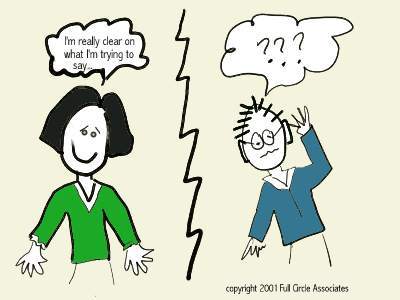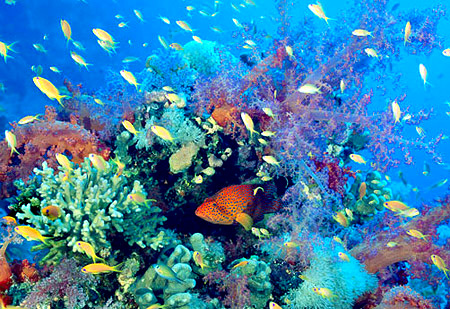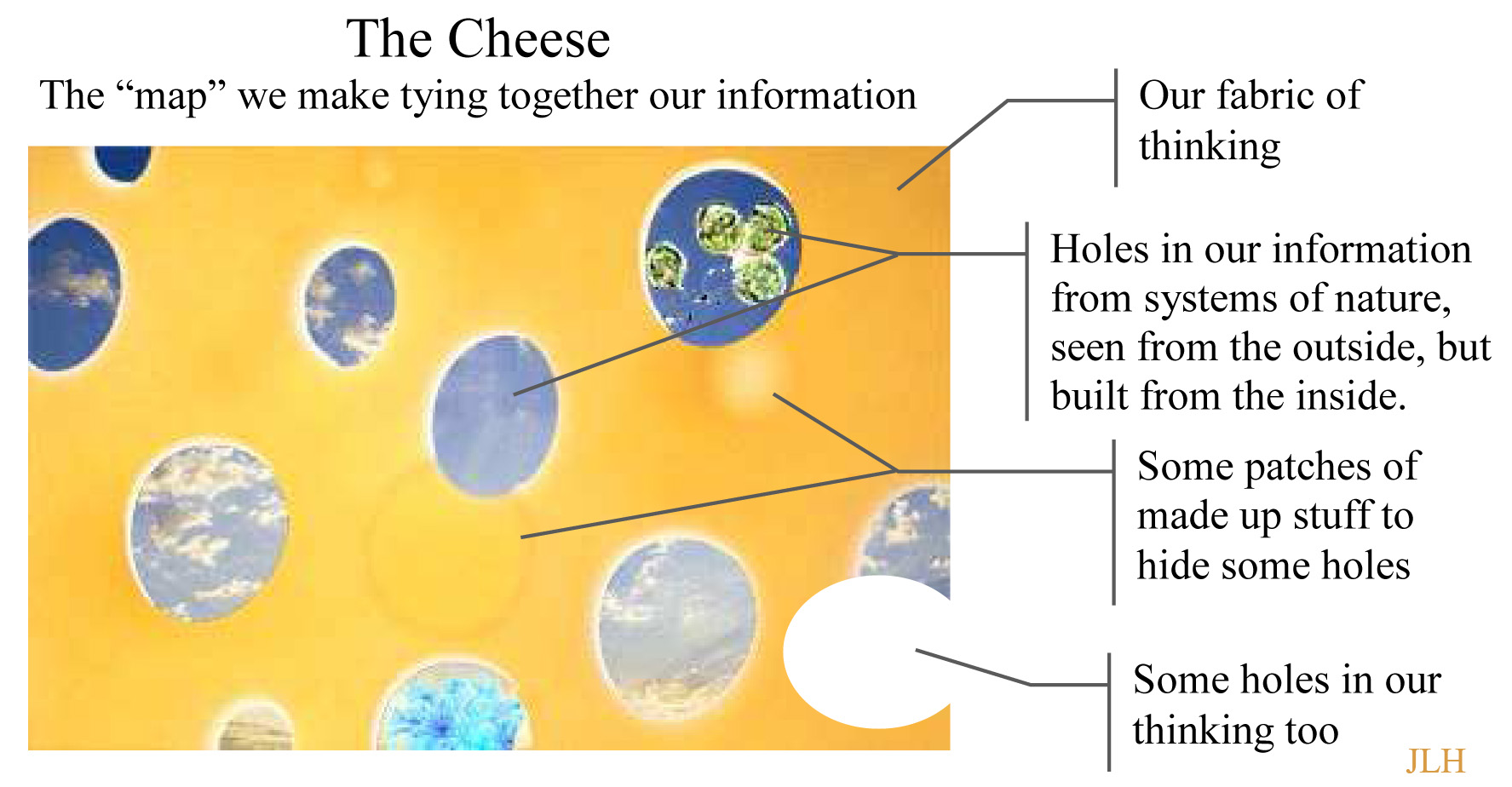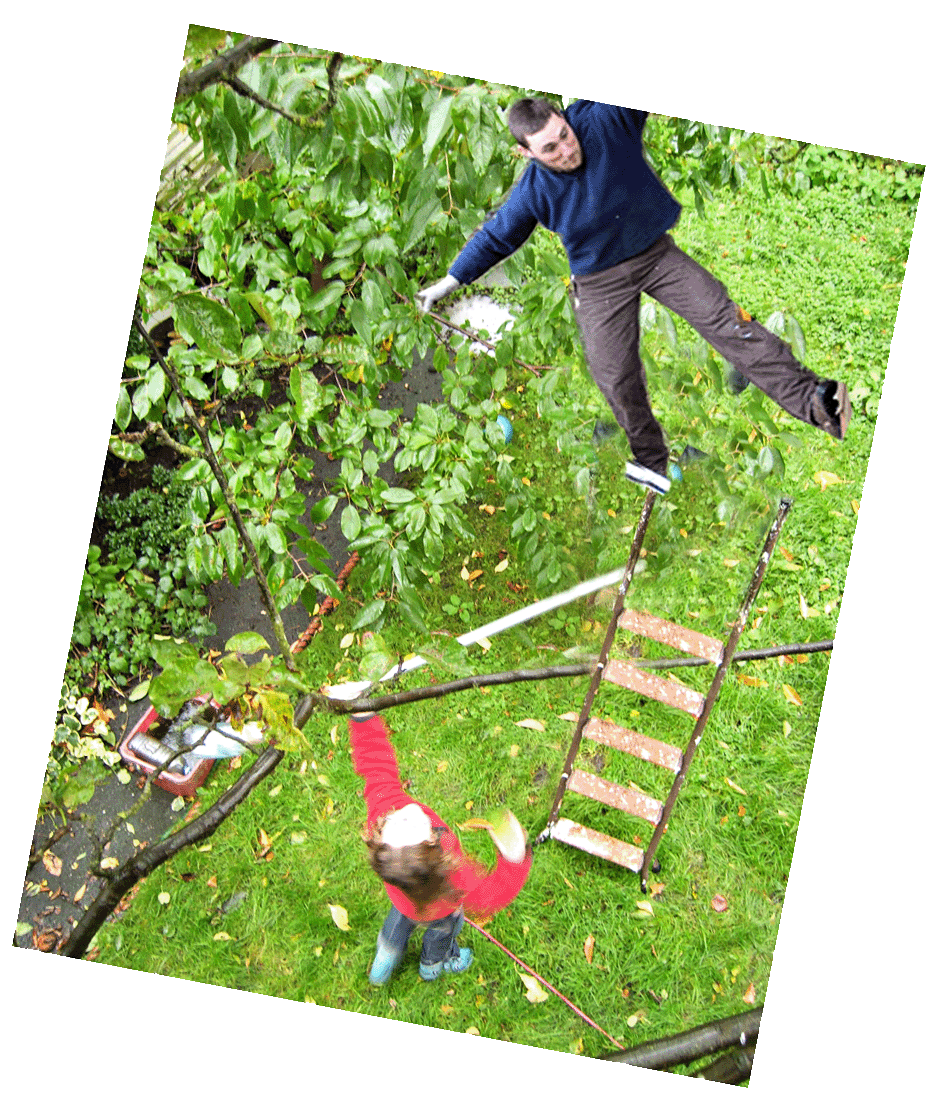In “Beyond Firm-Level Sustainable Capitalism” John Fullerton reviews “Sustainable Capitalism” by Generation Investment Management LLP, as still not respecting our finite world. Maximizing long term gain doesn’t make it sustainable, for example, given the difficulty people have had identifying future liabilities for currently profitable plans. I add a graphic example, of how defining the world as what we know about it is deceiving, and results in:
simply enormous omissions from the information set we usually think of as needed for making good decisions
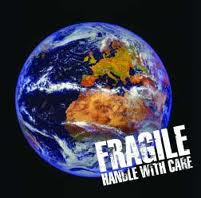
__________
It’s great to see such a solid critique of Generation’s “Sustainable Capitalism”, that on the surface seems like remarkably responsive to environmental issues as an investment strategy, far more than than ANY sustainable investment plan of ten years ago. The whole attitude toward avoiding environmental conflict, as a business strategy, may be applied inconstantly today but seems to have really swept the corporate world too.
It’s nice to see you’re thinking is still a few steps ahead, too, and seeing their approach as somewhat of a half-way measure. Continue reading Is “Sustainable Capitalism” a half step too few?

